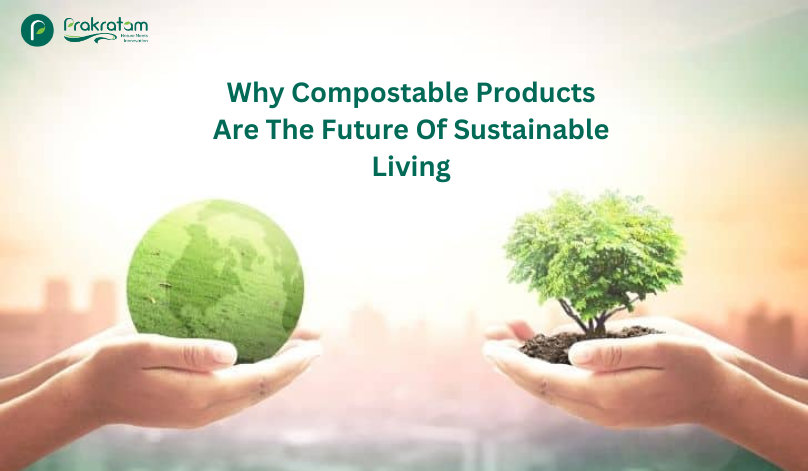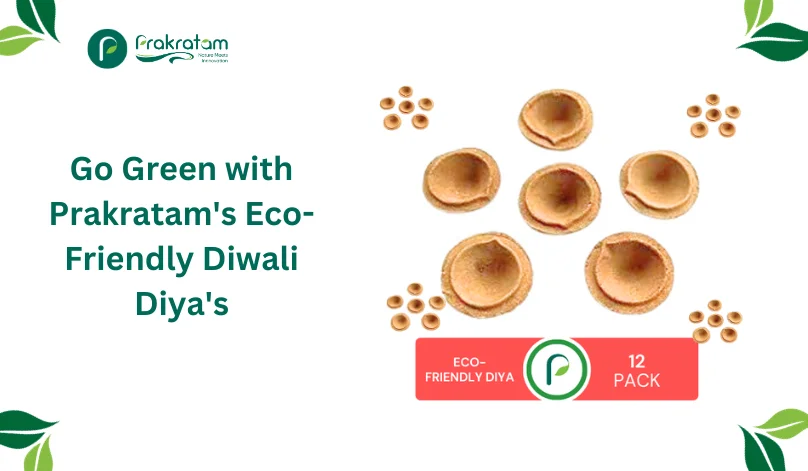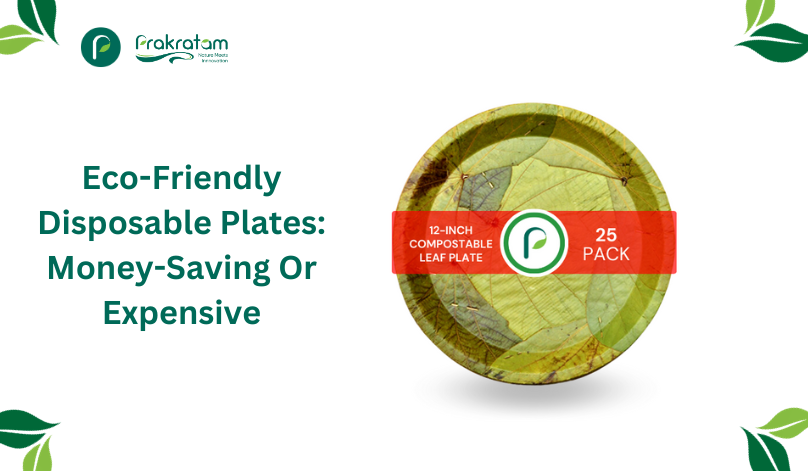
Sustainable living has become a central theme in today's world as people strive to minimize their environmental footprint and protect our planet. One of the key ways to achieve this goal is by transitioning to eco-friendly practices, and a significant aspect of this shift is the use of compostable products. In this article, we'll explore why compostable products are the future of sustainable living.
What Are Compostable Products?
Compostable products are items designed to decompose into natural elements, leaving no toxic residue. These products are typically made from organic materials like cornstarch, sugarcane, or potato starch. They are engineered to break down in a composting environment, which means they turn into valuable compost, rich in nutrients for the soil.
Compared to traditional plastic or even biodegradable products, compostable products stand out because they undergo a specific decomposition process, meeting strict standards for environmental impact.
Advantages of Compostable Products
Environmental Benefits
Compostable products significantly reduce the reliance on non-renewable resources. They decrease our carbon footprint by conserving energy, water, and raw materials, which is a vital step in preserving the environment.
Reducing Landfill Waste
By choosing compostable products over conventional plastics, we help reduce the burden on landfills. Traditional plastics can take hundreds of years to break down, while compostable products degrade within months, alleviating landfill congestion.
Role in Mitigating Climate Change
Composting organic materials from compostable products prevents the emission of harmful greenhouse gases. This makes a significant contribution to mitigating climate change and reducing our carbon emissions.
Composting Process Explained
To understand the significance of compostable products, it's essential to know how they break down. When placed in a composting environment, these items are consumed by microorganisms. The resulting compost can be used to enrich soil and promote healthy plant growth. This process is highly efficient when conducted correctly, emphasizing the importance of proper disposal methods.
Common Types of Compostable Products
Compostable products come in various forms, including utensils, packaging, and even clothing. These items are practical and sustainable choices for everyday use. Compostable utensils, for example, are a fantastic alternative to single-use plastic cutlery, making picnics and parties more eco-friendly.
Challenges and Misconceptions
While compostable products are a promising solution, there are misconceptions and challenges to address. Some people may not fully understand how to dispose of them correctly or may confuse them with biodegradable products. Addressing these issues is essential to ensure the success of compostable products.
Compostable Products in Daily Life
Using compostable products at home is an excellent way for individuals to contribute to a sustainable future. Simple actions like using compostable trash bags or dinnerware make a substantial difference in reducing plastic waste.
Compostable Products in Business
Businesses can benefit immensely from adopting compostable products. Not only does it demonstrate a commitment to sustainability, but it also resonates with environmentally conscious consumers. We'll explore some successful case studies of companies that have embraced compostable products in their operations.
Compostable Products and the Food Industry
The food industry generates a considerable amount of waste, particularly in single-use plastics. Compostable products play a crucial role in reducing the reliance on traditional plastics, creating a more sustainable food service sector.
The Future of Compostable Products
The future of compostable products looks bright. With increasing public awareness and policy support, the adoption of these products is expected to grow. Ongoing research and innovation will also make compostable products even more efficient and accessible.
Compostable Products vs. Traditional Plastics
Comparing compostable products with traditional plastics highlights the growing consumer preference for sustainable options. The advantages of compostable products are increasingly clear, compelling people to choose eco-friendly alternatives.
Promoting Compostable Product Awareness
Educational campaigns and community initiatives play a pivotal role in promoting compostable product awareness. Sharing information about the benefits of these products and how to use and dispose of them correctly is vital for their success.
Where to Find Compostable Products
Compostable products are readily available in many local stores and online retailers. Look for certification labels like "BPI Certified" to ensure the products you purchase meet the necessary standards for compostability.
The Economic Aspect of Compostable Products
While some may perceive compostable products as expensive, they offer long-term cost-effectiveness. The economic benefits for manufacturers and businesses are considerable, as eco-friendly practices often align with consumer demand.





















